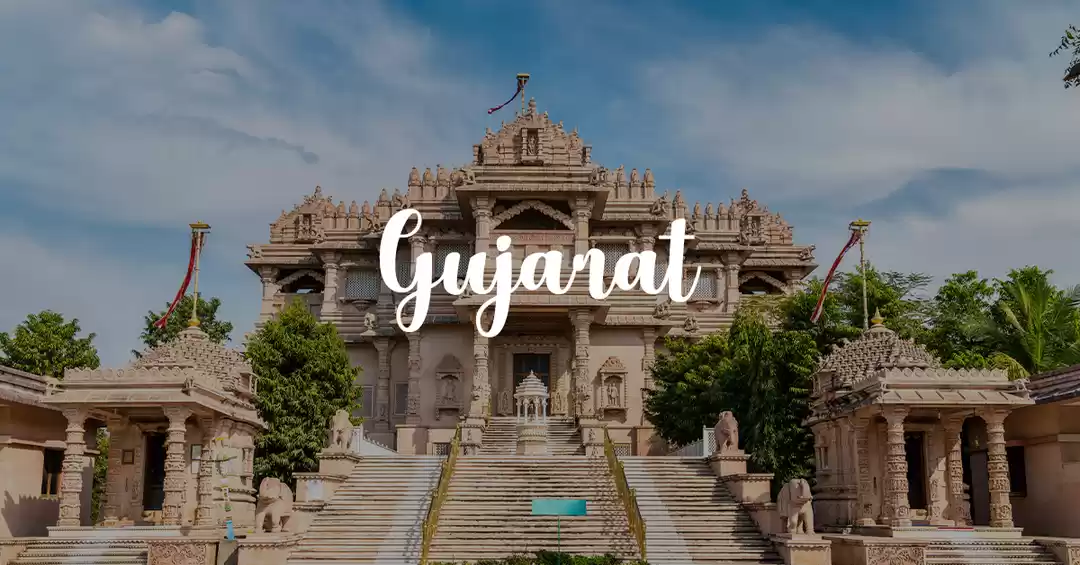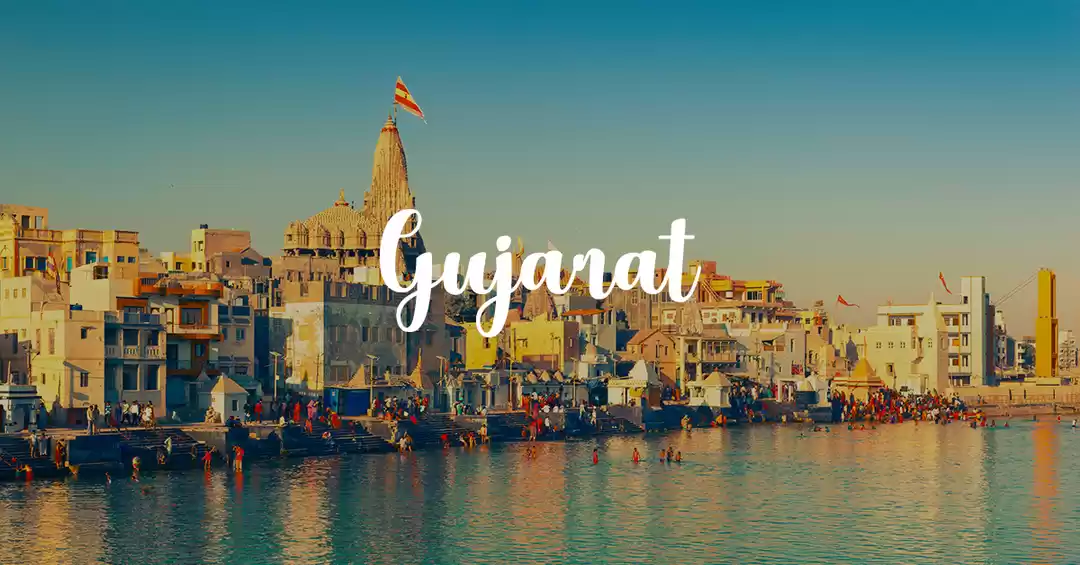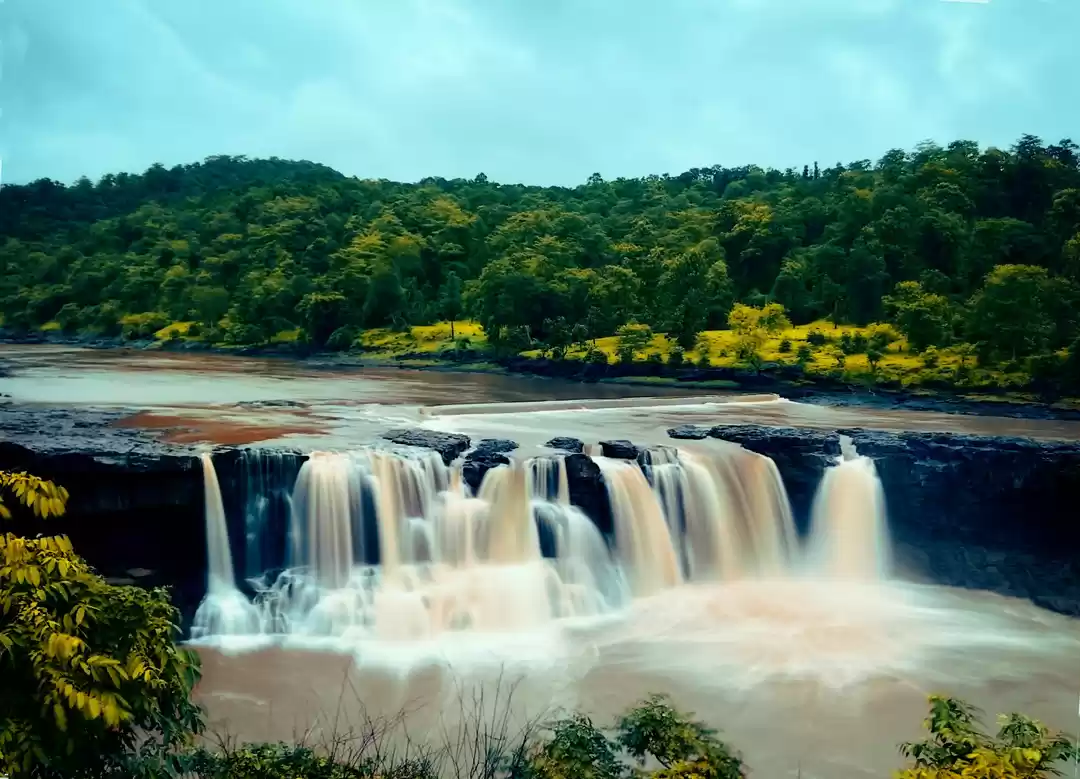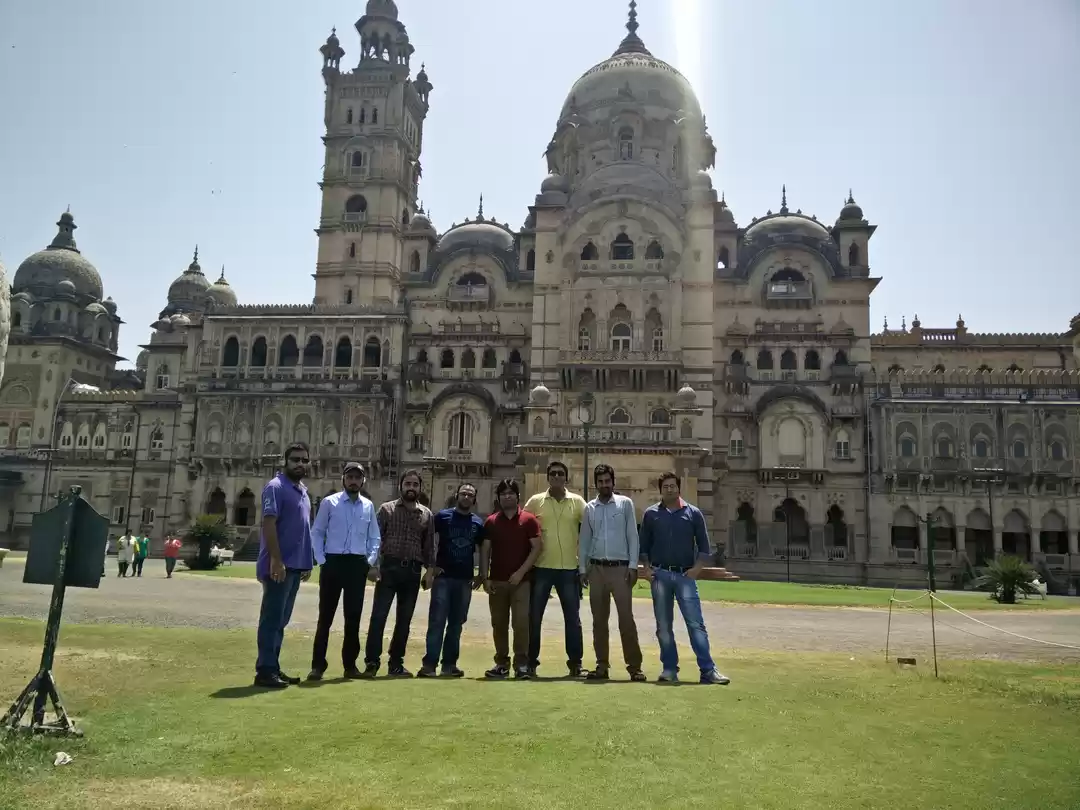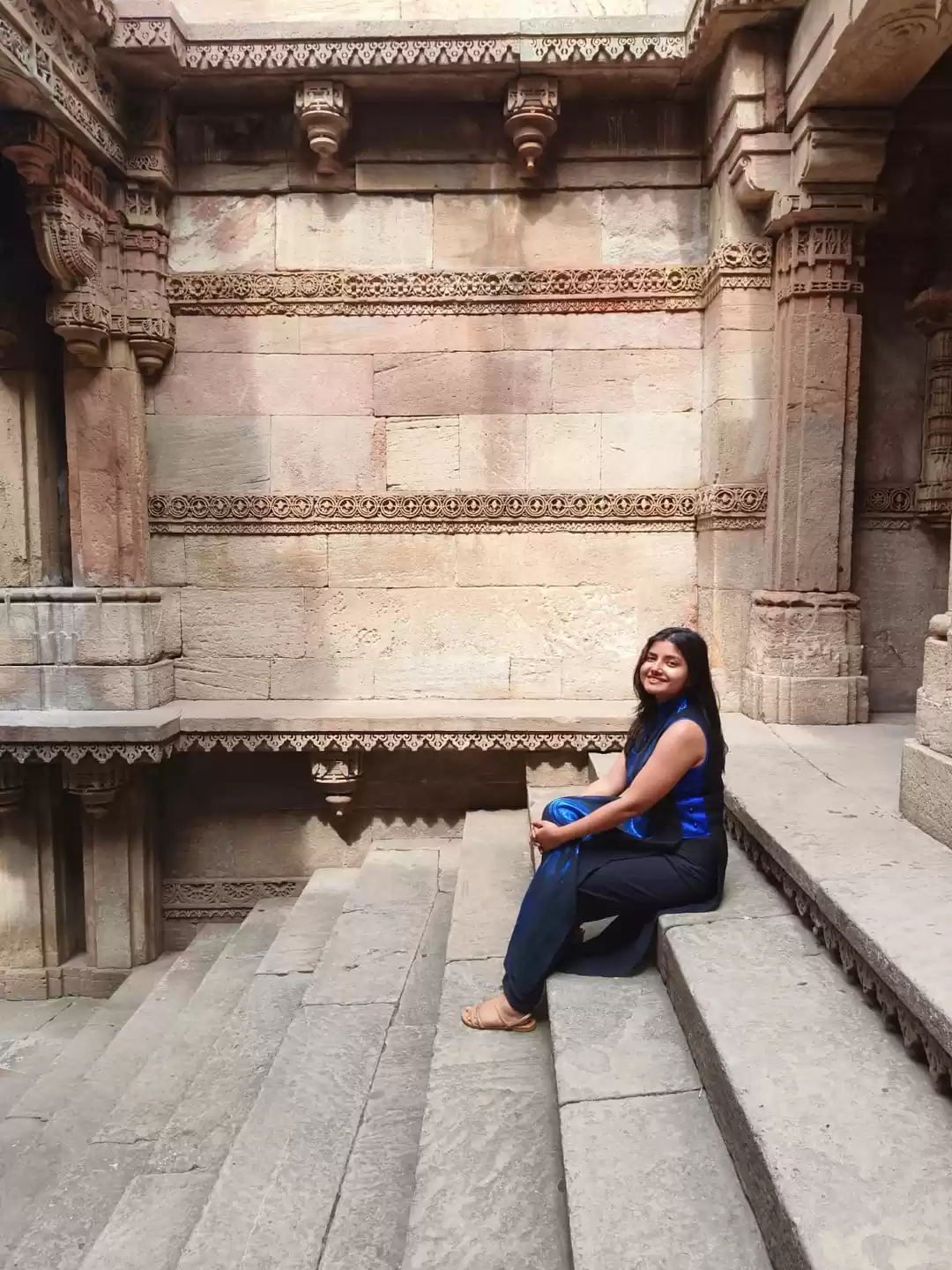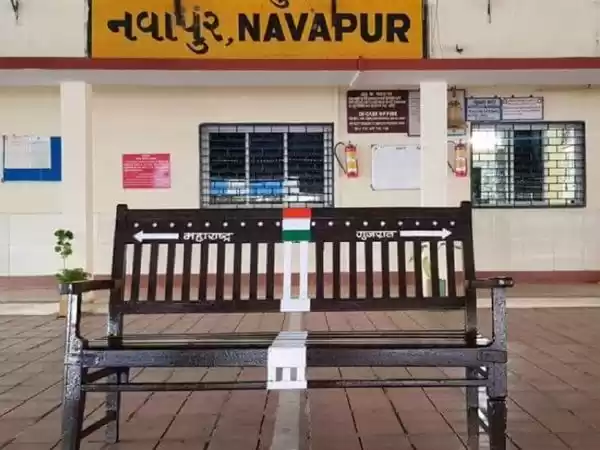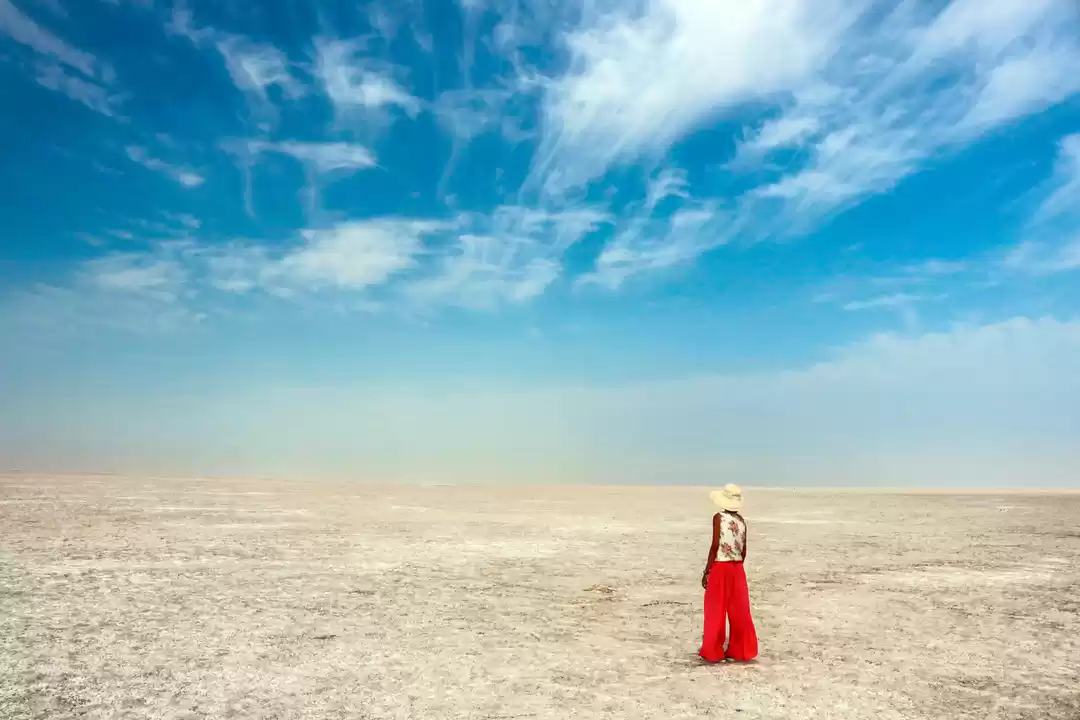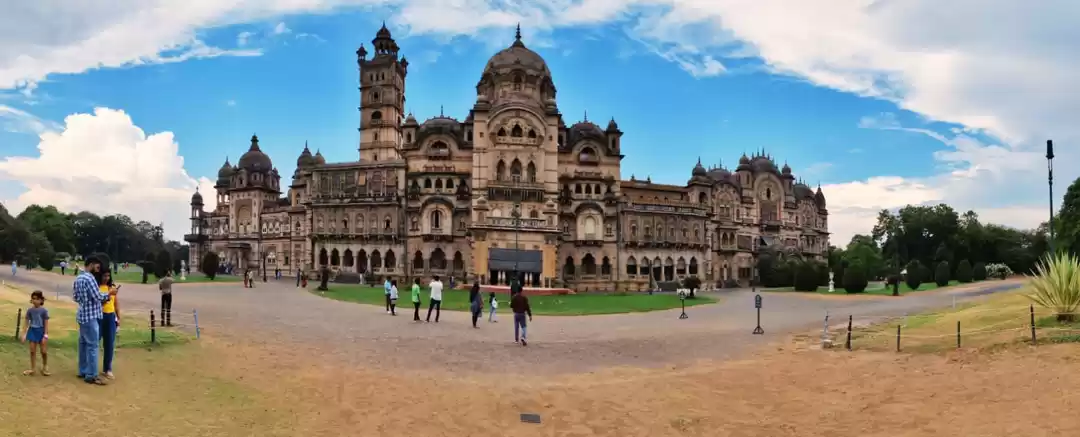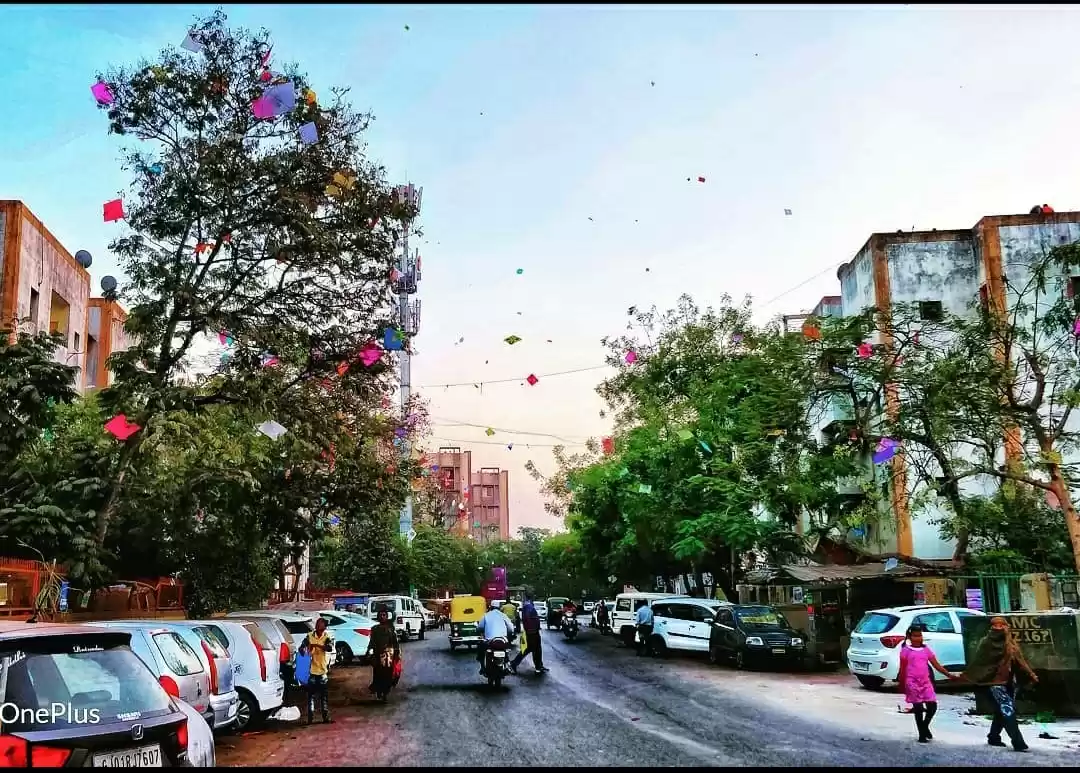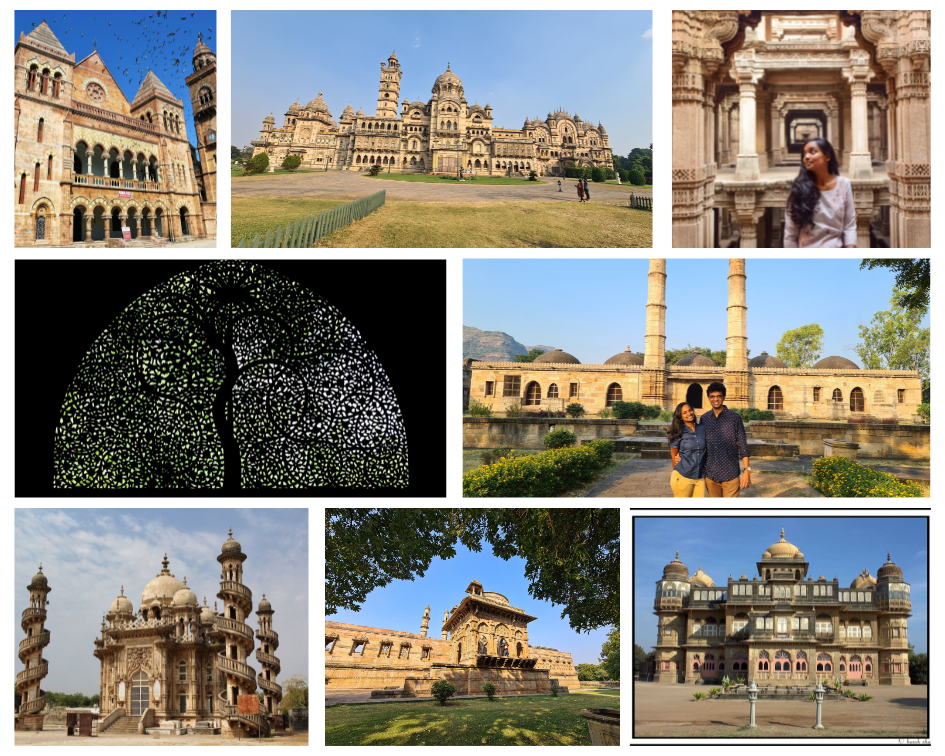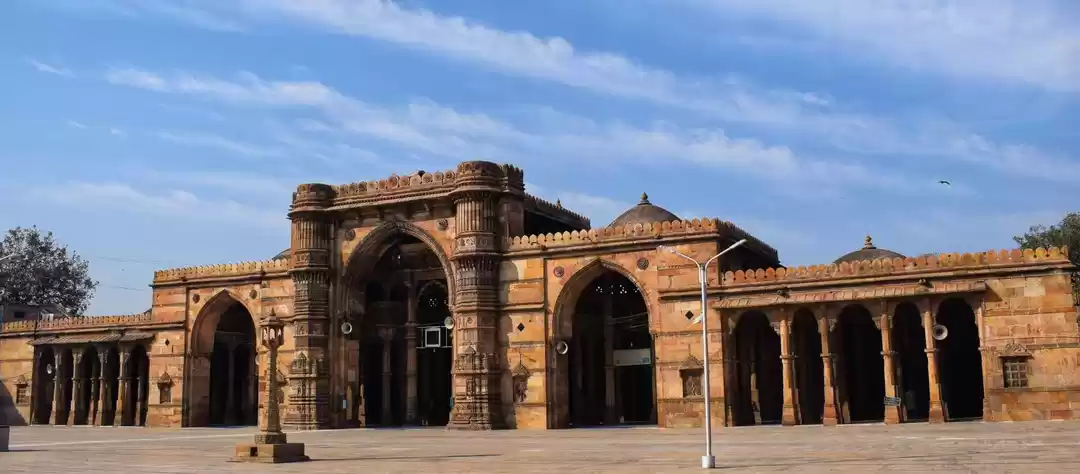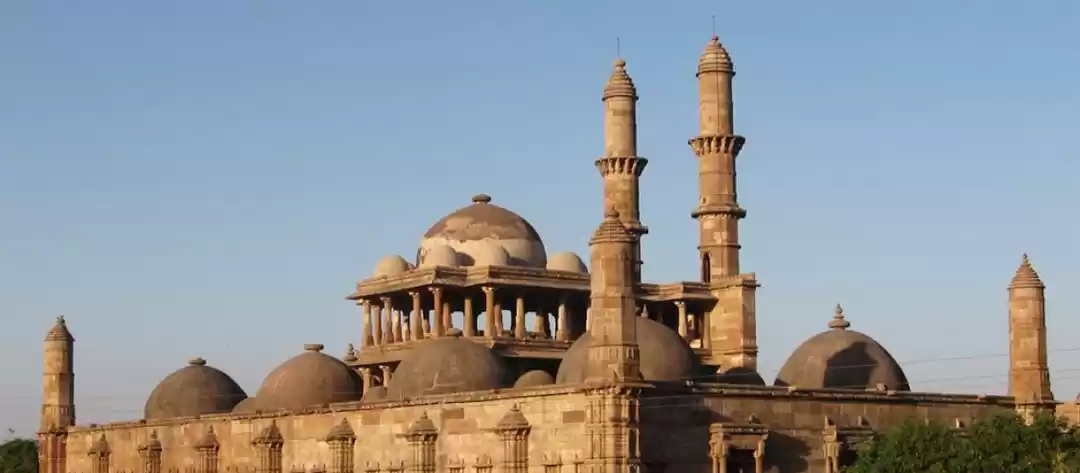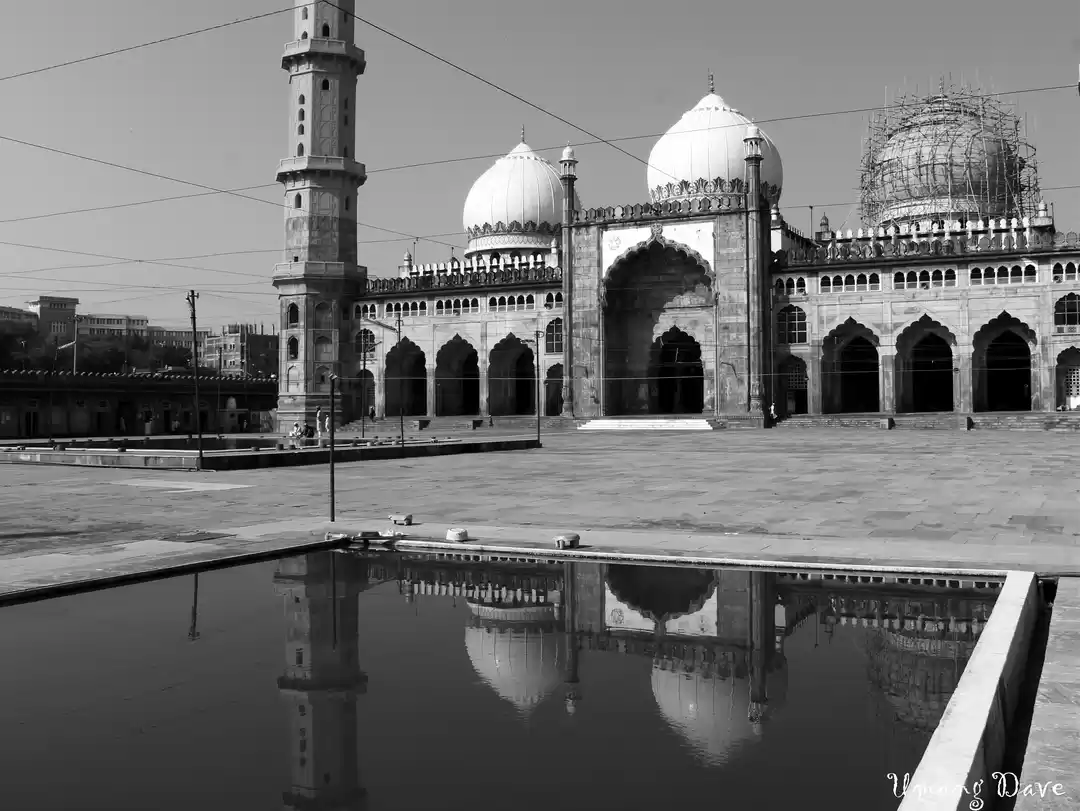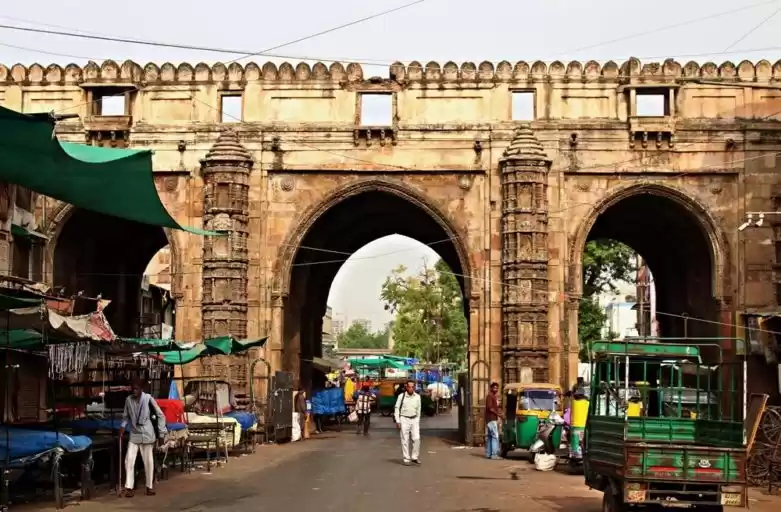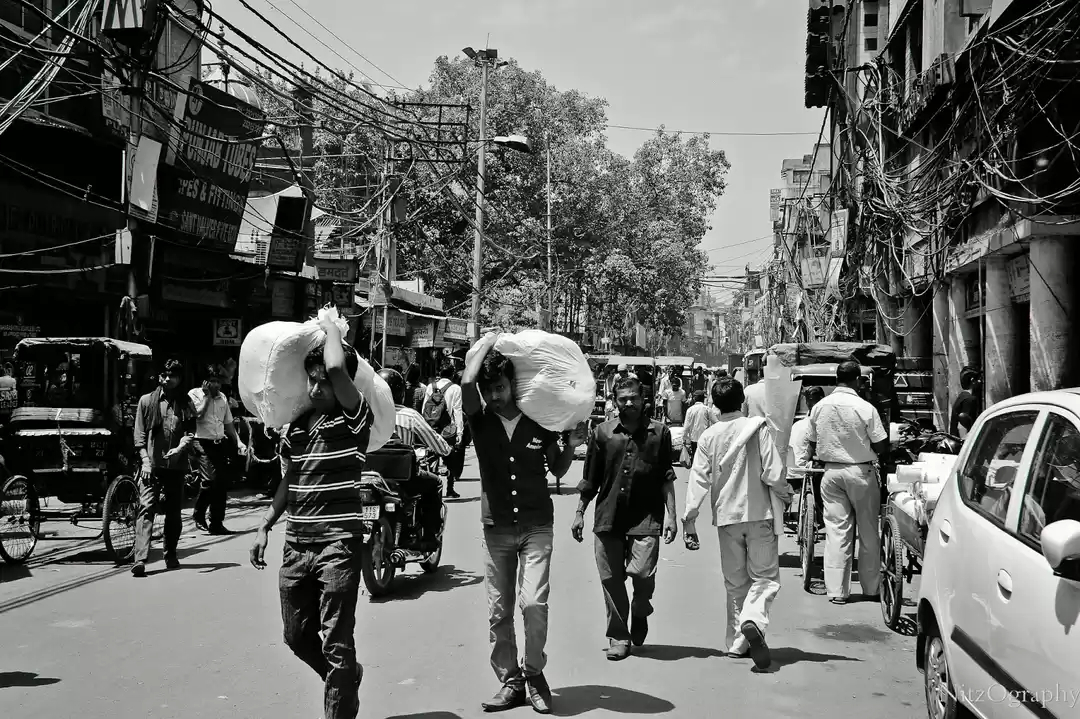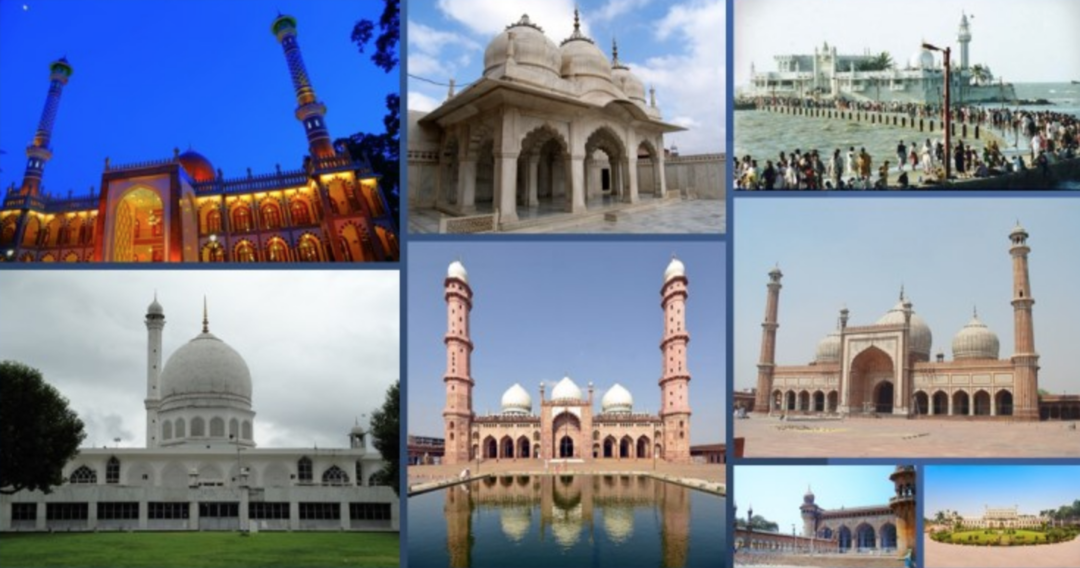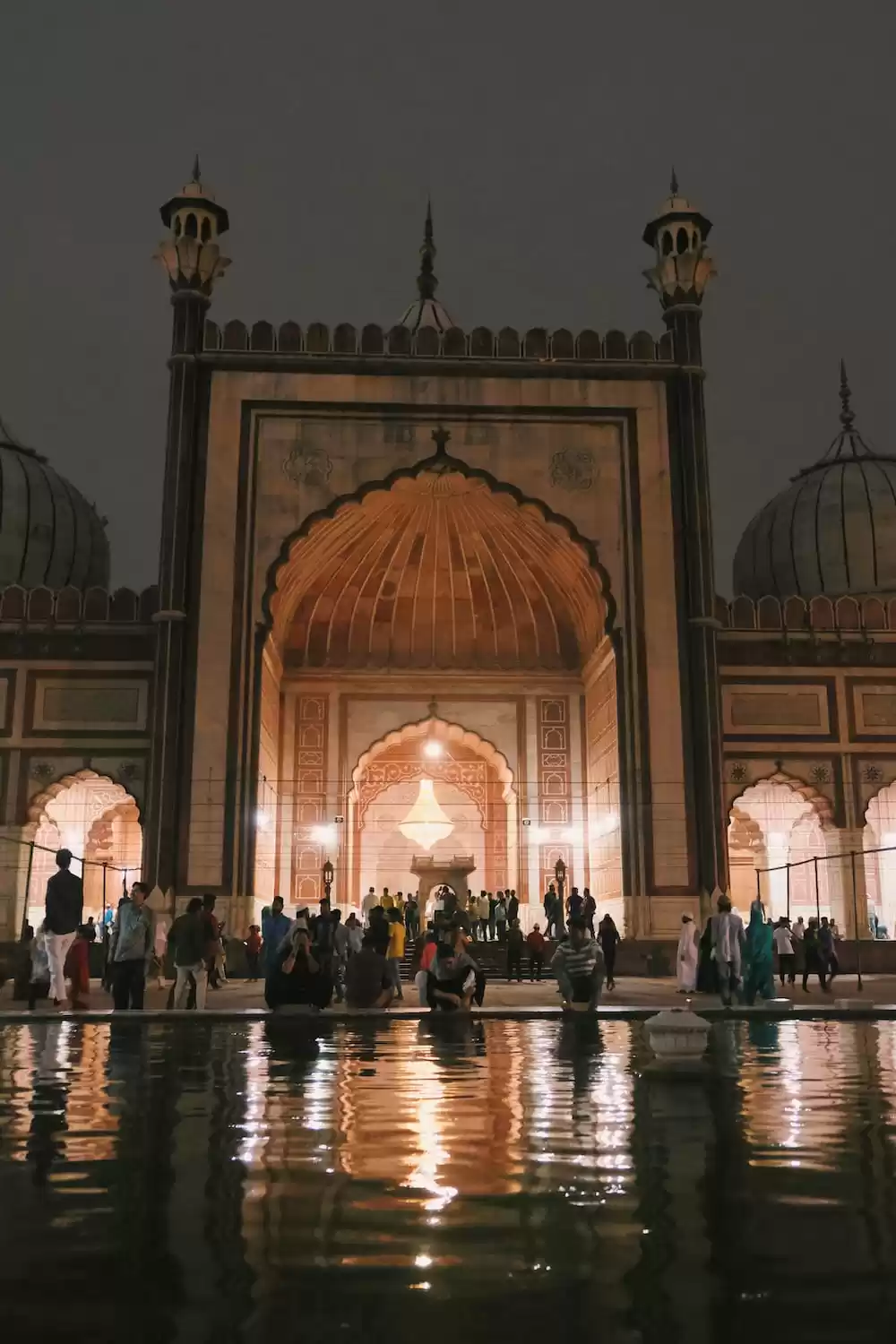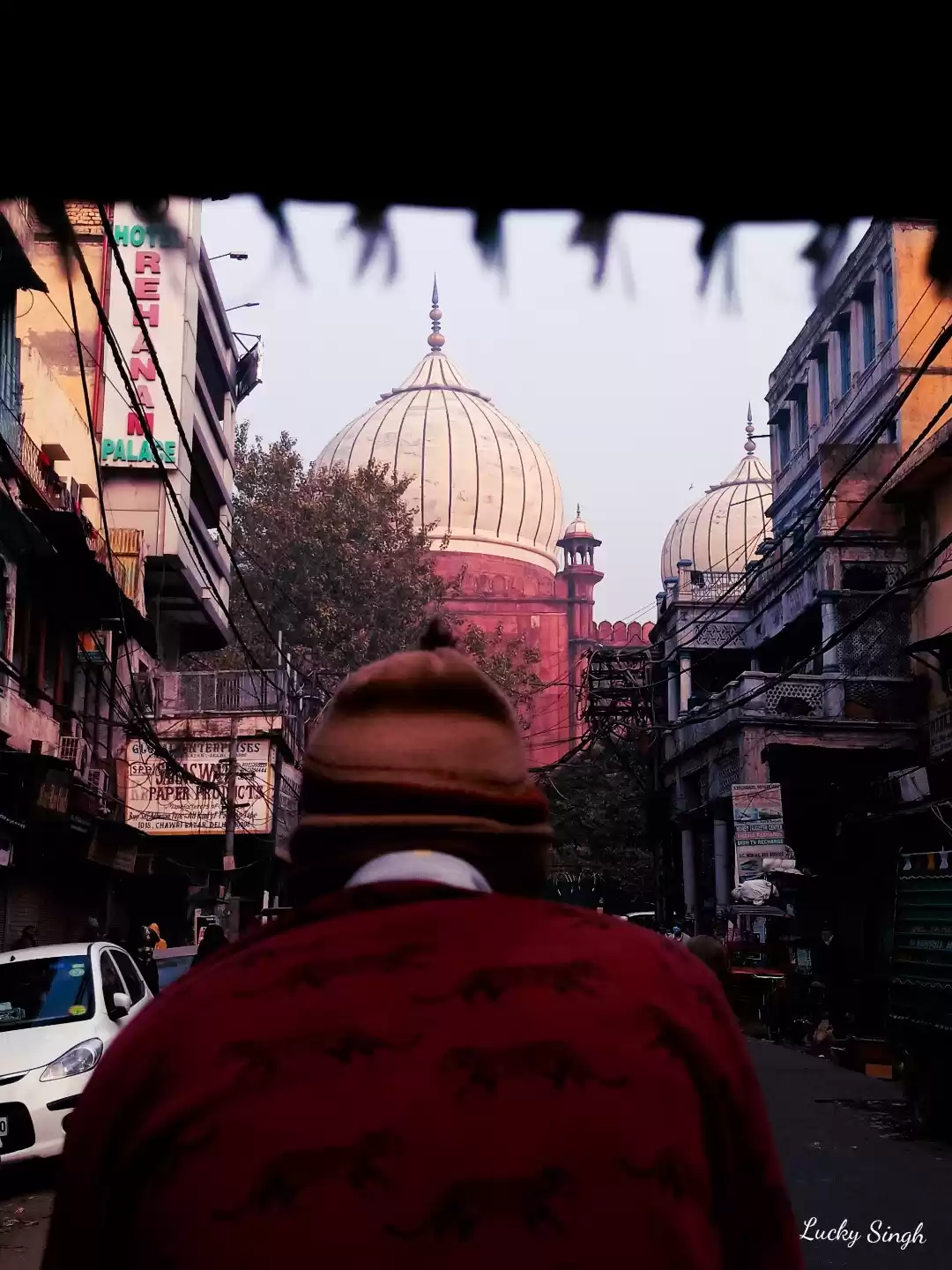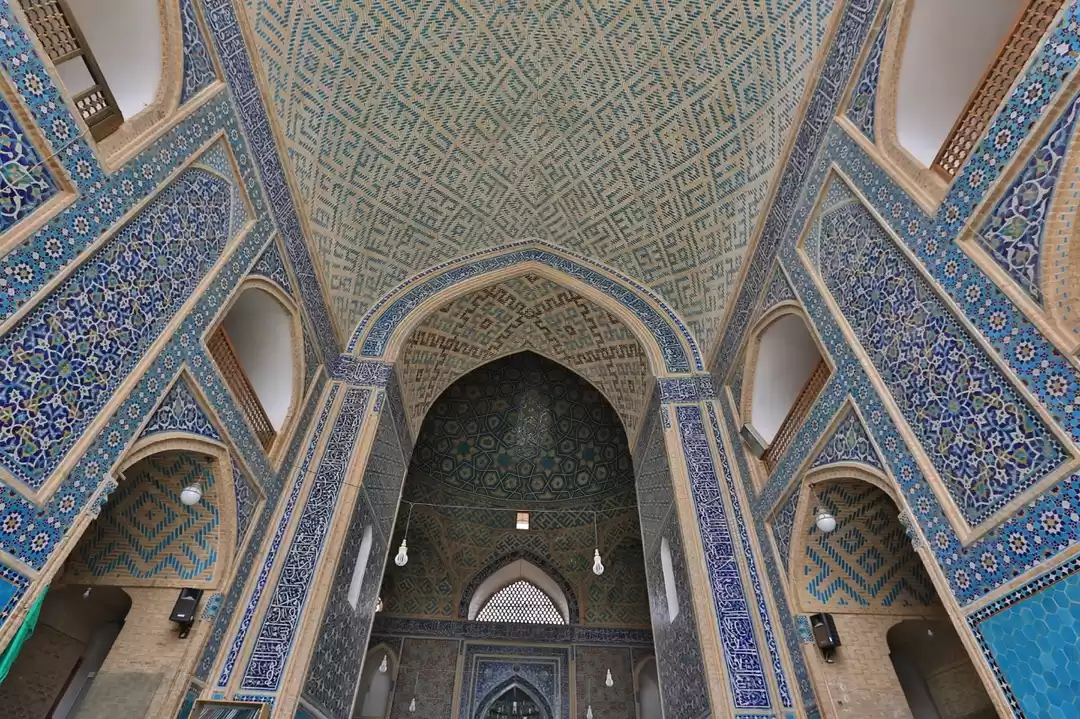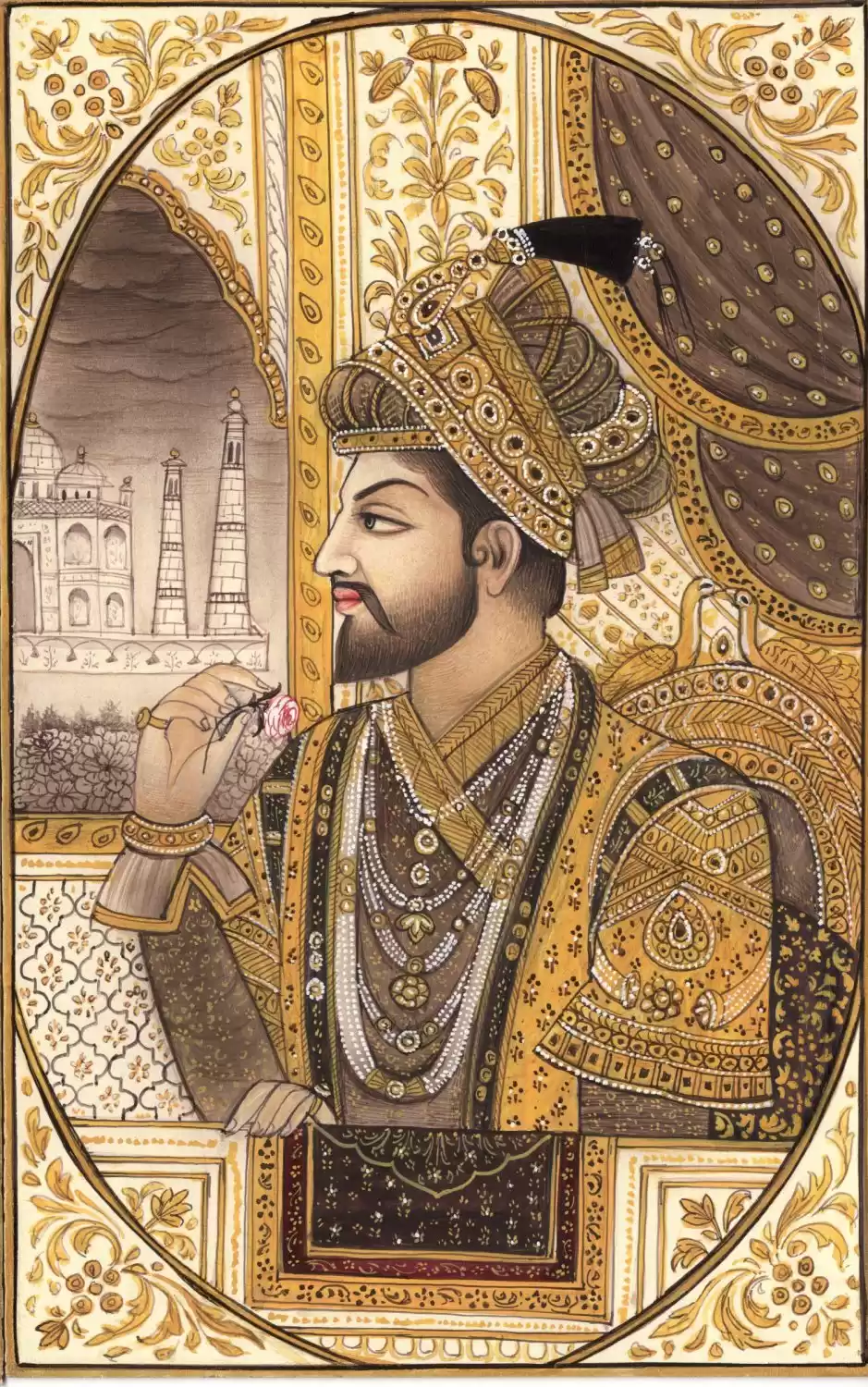A visit to Jama masjid or the Friday mosque. This visit for us ( A group of 8 architecture students) was a part of heritage walk within old walled city of Ahmedabad. The heritage walk started from Hindu architecture ( covering temples and traditional houses ) to muslim architecture ( tombs , market places ) and hence the title - A walk to the mosque through Hindu streets.
History:
Jama Masjid of Ahmedabad was built in 1424 by King Ahmed Shah 1 after shifting the capital from Karnavati to Ahmedabad in 1411.It was the largest mosque built at its period.
Location:
It is on the road extending from Teen darwaja to Manek Chowk( Midnight food market for vegetarians). Near by are the tombs of Ahmed Shah, his son and grandson and also the Rani na hajiro (you can buy a lot of jewelleries at cheaper prices) which is the grave of queens. One kind so much of hustle in this area and feel the actual spirit of Ahmedabad.
Architecture:
It is of the Indo-sarcenic style with influence of Jain and Hindu temple architecture. This style is not seen in any other Jama masjid hence it is also known as Ahmedabad style.
It is built of yellow sandstone which is plentifully available in Gujarat and parts of Rajasthan.
The mosque is a rectangular complex with entrances on three sides ( North ,South , West) leading to a common courtyard. In the centre of the courtyard is the ablution basin to wash one's feet and hands before entering the prayer hall.
In the east side is the rectangular prayer hall. The prayer hall is a collonade structure consisting of 260 pillars , 15 domes . The entrance archway consists of three arches in which the centre one is the largest and it is flanked by two minarets on both the sides.
The top of the minarets were damaged by earthquake in the previous century but the base is still standing. Between these archways are the niches which are beautifully and intricately carved out.















